Research
The Centre enables and supports researchers, practitioners, thought leaders and policy makers to share knowledge and research evidence to advance human wellbeing for sustainable development.
View the latest CSGD Annual Research Report (2022-2023)
Projects
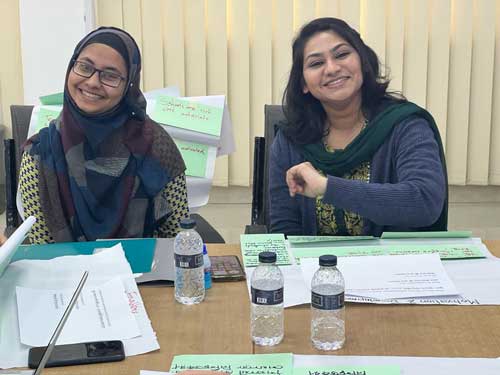
3MPower (Mobile Learning for Empowerment of Marginalised Mathematics Educators)
Funded by The EdTech Hub, 3MPower will work in partnership between The Open University, the Government of Bangladesh, the Institute of Education and Research at Dhaka University and teachers in rural communities.
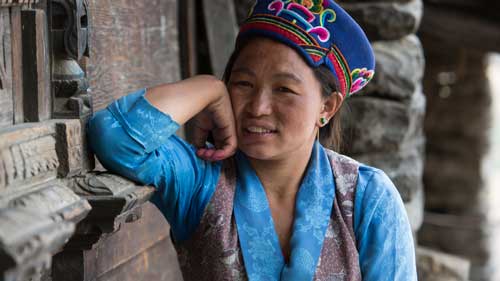
ACCESS - Approaches in Complex and Challenging Environments for Sustainable SRHR
There are many complex and interconnected barriers that prevent universal access to sexual and reproductive health and rights (SRHR), especially in countries with the lowest levels of development, and among minority populations in the poorest and most marginalised communities.
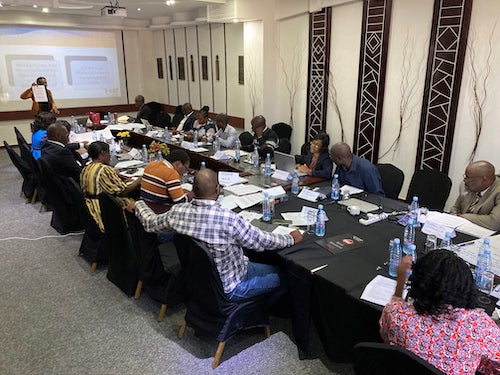
Achieving quality, equity, efficiency and sustainability in TPD @ Scale in Zambia
The project aims to build on the findings from ZEST to understand how TPD @ Scale can be adapted to better meet the needs of all teachers, particularly those in Community Schools or in schools in which multiple initiatives are being implemented. We also aim to find out how mentoring and coaching can be integrated effectively into the established school-based continuing professional development (SBCPD) program

The Causes and Remedies for Marginalization and Underrepresentation in Global Virtual Exchange Initiatives: A Comprehensive Survey of Stakeholders in Four Geopolitical Sectors
Funded by the US-based Stevens Initiative, this large-scale study was the first of its kind. It sought to establish reasons for underrepresentation in global VE initiatives in terms of political and governmental, institutional and administrative, technological, pedagogical, cultural and personal challenges including mental and emotional aspects.
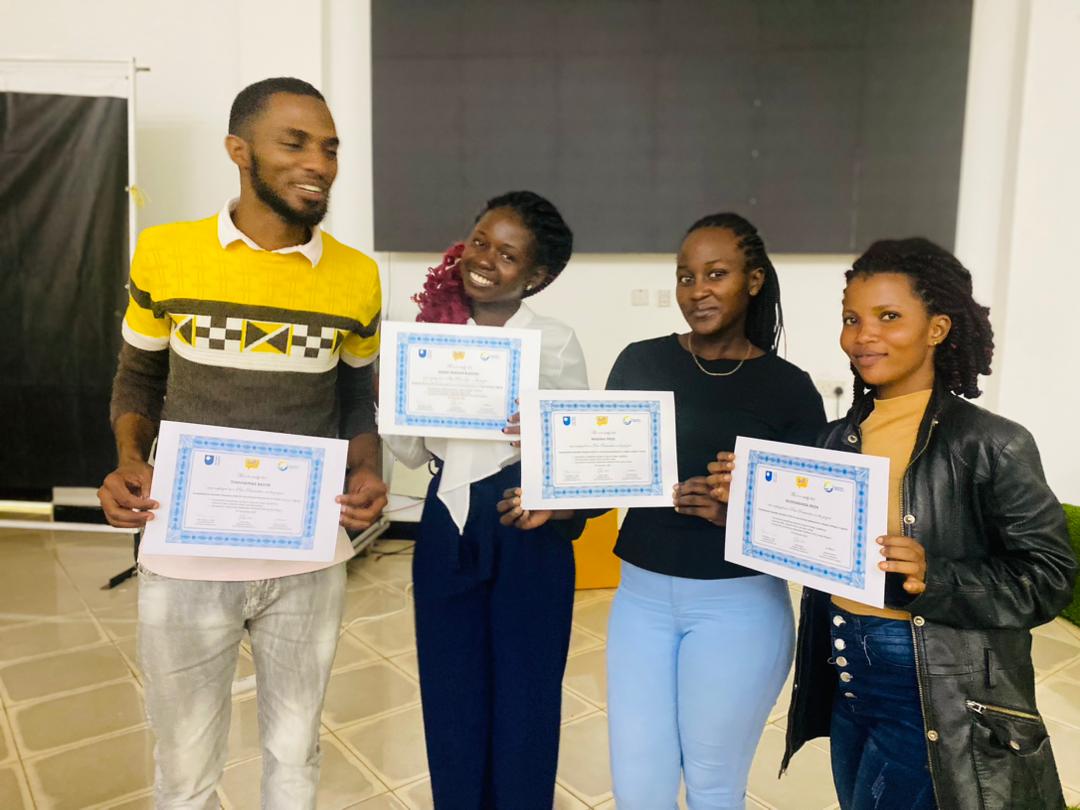
Developing contextually-sensitive Comprehensive Sexuality Education (CSE) for out-of-school adolescents in refugee settings in Uganda
Refugee youth are particularly at risk of poor sexual and reproductive health. Sexuality education improves sexual and reproductive health outcomes and helps young people claim their sexual rights, but young refugees usually receive little formal sexuality education.
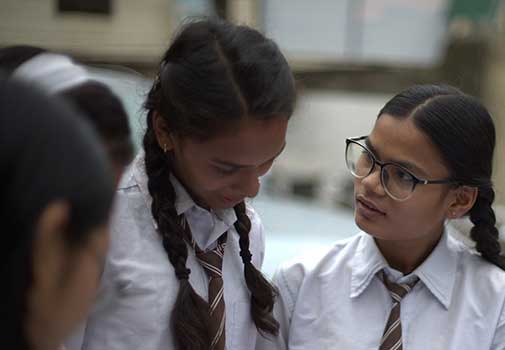
EMEGEN - English-Medium Education in Low and Middle Income Contexts: Enabler or Barrier to Gender Equality?
This British Council/Open University partnership explores the role of English as an enabler or a barrier to gender equality in low and middle-income countries. Many low and middle-income countries increasingly use English as a language of learning and teaching instead of or in addition to one of the local languages.
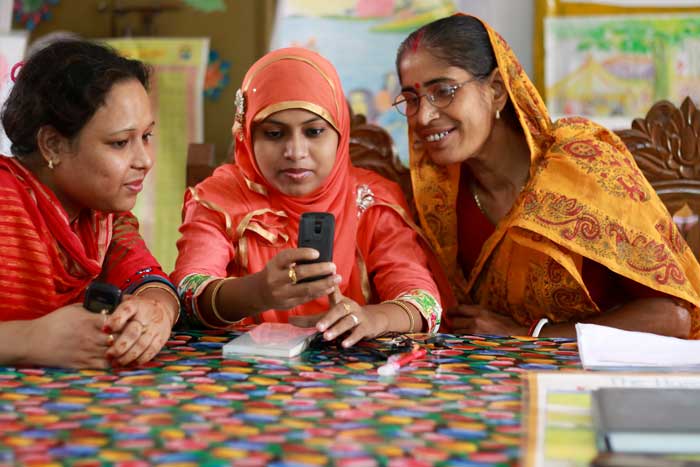
English in Action
In Bangladesh, English skills are in short supply, limiting economic growth and opportunities. Delivered by a consortium led by Mott MacDonald - Cambridge Education, English in Action (EIA), known by many users as the “silence breaking programme”, enabled millions of people across Bangladesh to improve their English as a route out of poverty and into work.
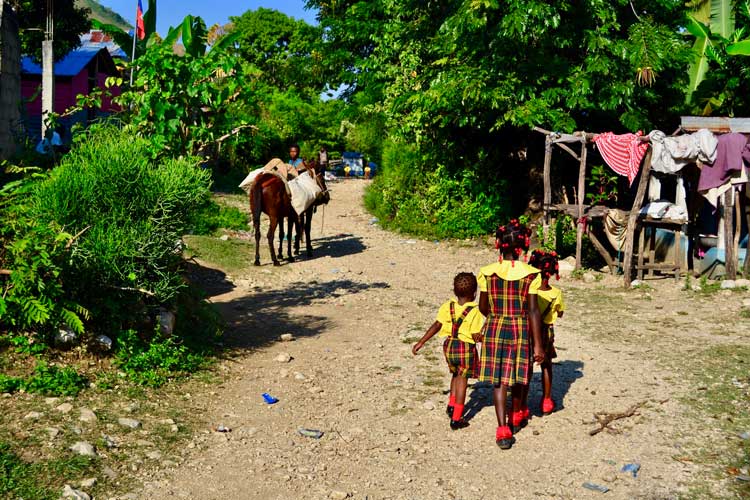
Fonkoze Graduation Programme Research
Integrated anti-poverty interventions offer a comprehensive package of socioeconomic support such as assets, cash transfers, access to financial services and skills training to give people in poverty a big boost and help ‘graduate’ them out of poverty. NGO Fonkoze in Haiti has a long history of implementing this type of programme with women living in extreme poverty.

HEAT - Health Education and Training
HEAT was an accelerated and scalable Healthcare Education and Training programme for frontline healthcare workers, providing them with vital healthcare skills and the potential to save millions of lives. Its content, written by African health experts in collaboration with the OU, is split into two parts – practical training and theoretical training.
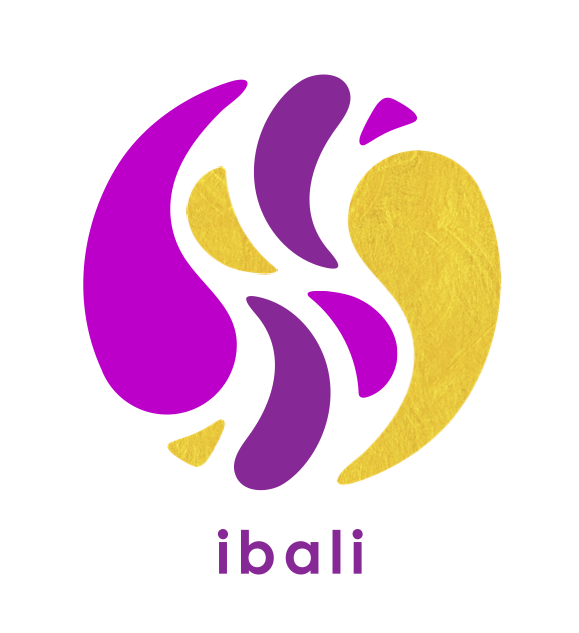
Ibali: Storying New Discourses of Educational Inclusion/Exclusion in the UK, Nigeria and South Africa
Funded by the Arts and Humanities Research Council, this project uses storytelling to explore perspectives and experiences of educational inclusion and exclusion with young people and teachers in Nigeria, South Africa and the UK. It also undertakes a critical exploration of the storytelling approach itself which, whilst gaining popularity as a research tool is often under-theorised and used uncritically and problematically in research and practice.
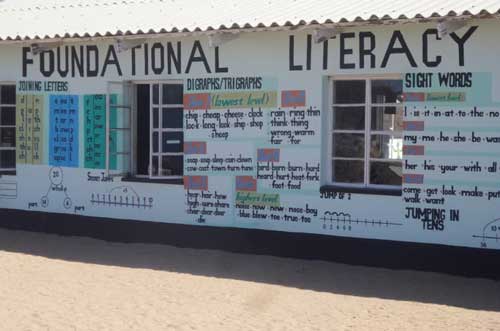
IGATE-T - Improving Gender Attitudes, Transition and Education Outcomes
Less than half of girls from the poorest quintile who attend primary school transition to secondary school. IGATE-T seeks to improve the life chances of over 70,000 marginalised girls by supporting their learning and helping them to transition from primary education to post-primary options such as secondary school or community-based learning.
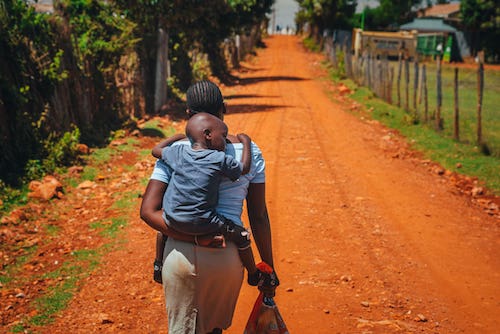
Improving the mental wellbeing of young mothers in West African countries
Globally, 15% of young women are estimated to give birth in adolescence. This figure, nevertheless, hides stark regional differences. Statistics show that West Africa has some of the highest levels of adolescent childbearing. Religious and cultural norms that value female virginity and emphasise abstinence until marriage, as well as negative perceptions of young mothers, mean they can face unique challenges that can have dire consequences for their mental wellbeing including the experience of stigma, discrimination and exclusion from peers, family, schooling and health services.
INTERPRET-DD: The International Prevalence and Treatment of Diabetes and Depression Study
It is now well-known that the prevalence of both diabetes and mental health problems are increasing rapidly, with a greater risk for depression in people with diabetes compared to those without. Comorbid diabetes and depression are linked to increased mortality as well as a greater risk for developing other conditions. In addition, there are extra challenges given that emotional distress may be present in people with diabetes due to difficulties with the sometimes overwhelming requirements of self-management.
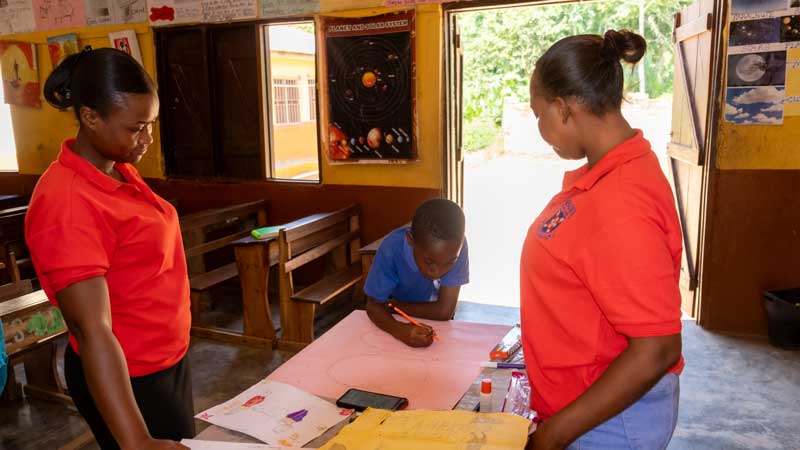
New collaborations to support children’s learning and wellbeing
The Open University’s Centre for the Study of Global Development and the Education Commission’s Education Workforce Initiative (EWI) have been collaborating on a series of initiatives focusing on education workforce research and reform. We have been exploring what we call ‘learning teams’: how different actors work with teachers in new ways to support children’s learning, with an emphasis on collaboration and partnerships.
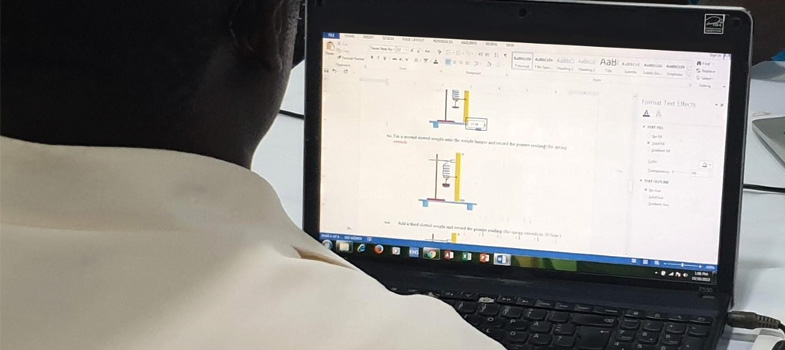
OpenSTEM Africa
Government policies aim to improve opportunities for all young people, especially girls, to study science subjects and take up STEMrelated careers.The challenge is for ways to address the need for more laboratories, equipment and materials to support teachers and schools to effect this and enable learners to engage with practical science

Overcoming colonial continuities in the area of social protection
This research explores past and present colonial influences on social protection arrangements in two distinctively different African countries: Tanzania (Mainland) and Ivory Coast. Although Tanzania and Ivory Coast are both in sub-Saharan Africa, they constitute distinct case studies due to their different (colonial) histories, donor landscapes and influence, and state of social protection.
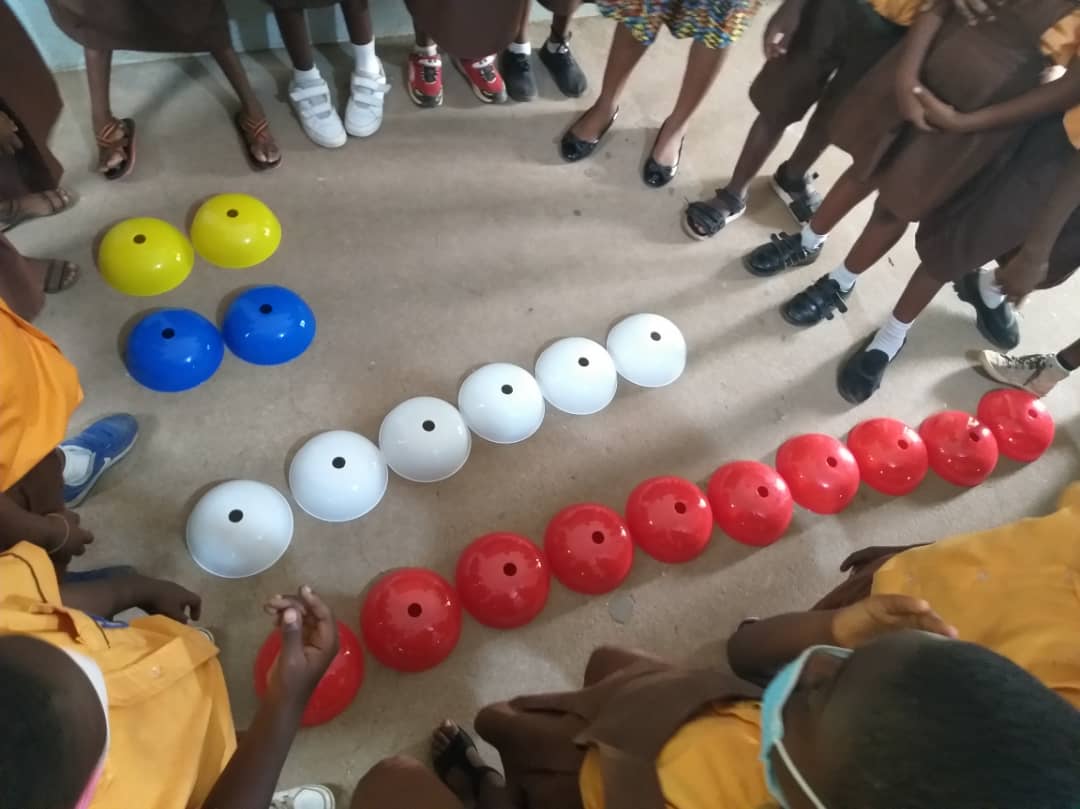
The Partners in Play Project (P3) baseline evaluation
Learning through play is an important way for children to develop foundational numeracy and literacy skills, whilst at the same time allowing children to develop their socio-economic skills and helping to bridge the divide between learning in school and in the home environment. The Partners in Play (P3) program in Ghana aims to improve the quality of education for girls and boys aged 4-12 using a scalable and replicable Learn Through Play (LtP) model. The program intends to reach 689,920 children in three regions – Greater Accra, Northern Region, and Volta Region.

The power of parents
This research is providing evidence that can inform initiatives targeting parents and caregivers in poor rural environments on what works to support young children’s literacy and language acquisition skills.
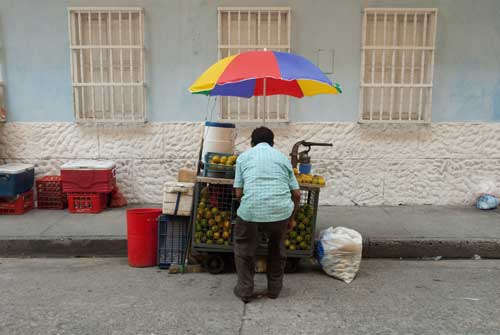
Precarious lives in motion. Ambulant vending in three Global South cities
The pilot study explores the livelihood strategies of a group of a group of workers that contribute to the informal economy: ambulant vendors (AVs) on Buenos Aires mainline trainline. It offers on the-ground knowledge of AVs’ working lives to understand the diversity of approaches they use in their sales rounds on trains to secure a living.
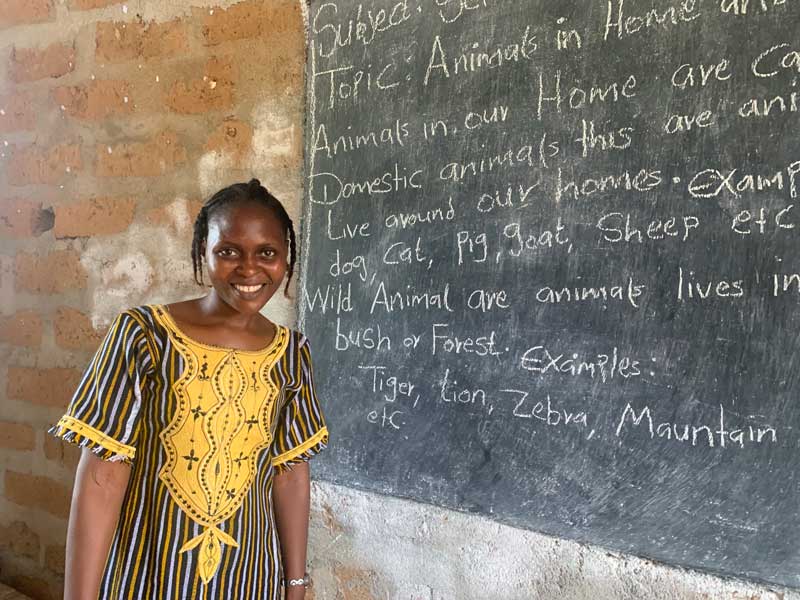
Preparing a pathway to teaching for rural women in Sierra Leone
The Learning Assistant/Student Teacher (LA/ST) model is pathway to teaching for women. In Sierra Leone where female teachers are in short supply (Mackintosh et al., 2020) and there is a high female dropout, this programme offers a route for women to return to education and enter the teaching profession.
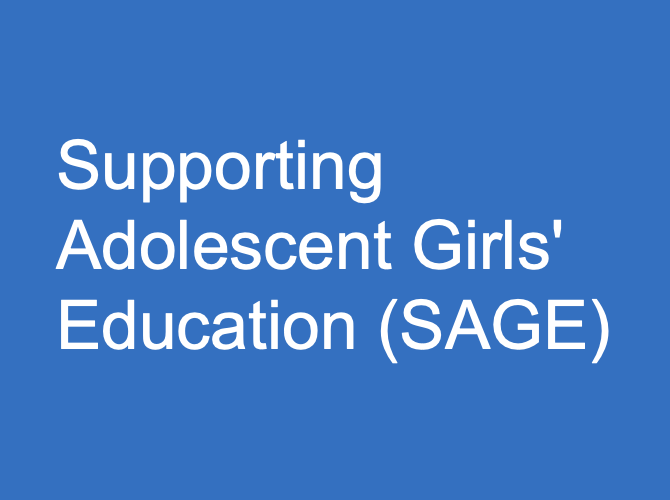
SAGE - Supporting Adolescent Girls' Education
For many girls and young women in the world, and particularly those in the most fragile states, access to education is underpinned by pervasive gender inequality and discussion of their aspirations, their futures, and potential pathways into imagined futures remains limited. Yet, education has massive transformational power, with gender-transformative education aiming to empower stakeholders – learners, teachers, communities and policymakers – to examine, challenge, and change the harmful gender norms that disadvantage girls and women.

STEAM Education Nepal: Strengthening Young Nepali Girls Through Access to STEAM Educational Programmes
The project is a pilot study funded by the Open Societal Challenges Programme and aimed at promoting STEAM (Science, Technology, Engineering, the Arts, Mathematics) education in Community and Government (CG) schools in Nepal, with a focus on girls from low-income families.
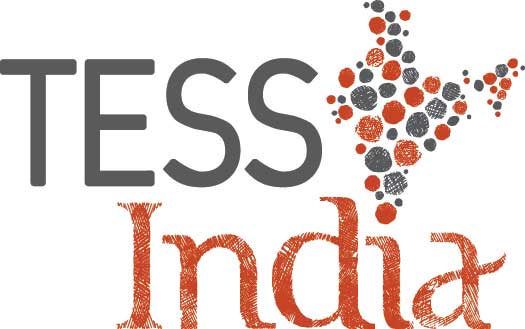
TESS-India
India faces a shortage of over a million trained and qualified teachers at both elementary and secondary school levels. While the Indian Government has initiated several state and national level teacher education and training programmes, the need is far greater.
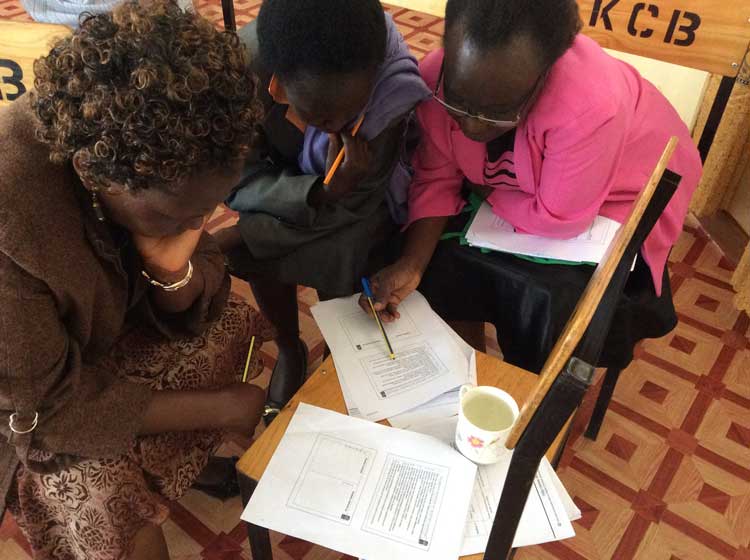
TESSA - Teacher Education in Sub-Saharan Africa
Launched in 2005, in direct response to requests from teacher education institutions across the region, TESSA (Teacher Education in Sub-Saharan Africa) is transforming the education of primary and secondary school teachers across sub-Saharan Africa.
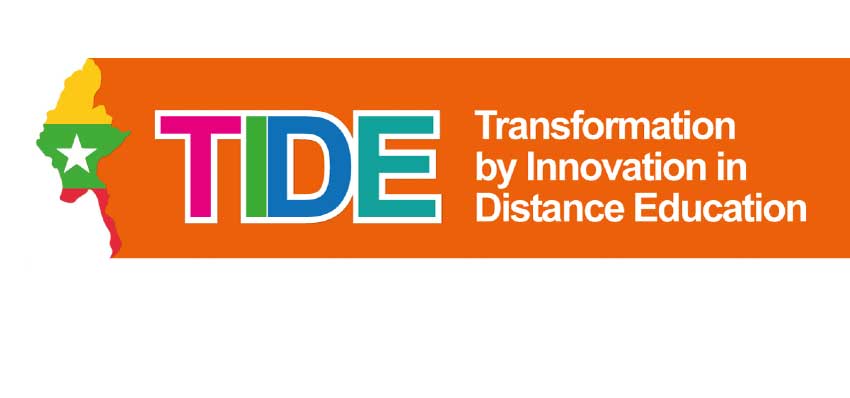
TIDE - Transformation by Innovation in Distance Education
The Transformation by Innovation in Distance Education (TIDE) was a 3.5 year project consortium of UK and Myanmar partners working in Myanmar to improve the quality of distance learning in higher education. TIDE built the capacity of staff at 40 Arts and Sciences Higher Education Institutions (HEIs) across Myanmar, with the primary ambition of benefitting distance education students and resulting in more informed and employable graduates.

Understanding attitudes and countering stigma to tackle poverty and inequality
Those living in poverty and experiencing intersecting inequalities across class, race and gender are often blamed for their own predicament and face negative stereotyping, stigmatisation and discrimination.
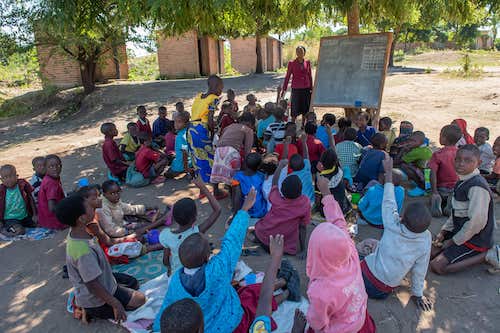
World Vision: Catch Up Learning Programme
CUP focuses on the acquisition of early-grade literacy and numeracy skills in vulnerable communities. It is designed to provide safe, play-based, inclusive and carefully sequenced instruction at the right level that also addresses the social-emotional learning of children.
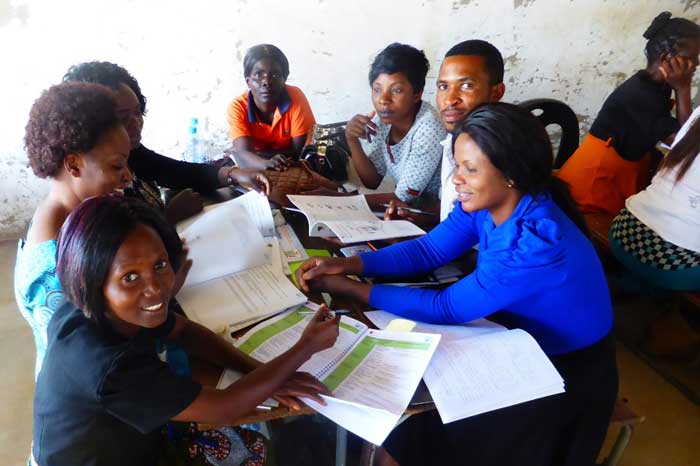
ZEST - Zambian Education School-based Training
Learning outcomes for Zambia are low. Over 80% of children are unable to read and write at the end of their first year of learning, Grade 5 learners score below 40% in national assessments and Zambia has one of the highest pupil-teacher ratios in sub-Saharan Africa.
Contact Us
Whatever your reasons for wanting to connect with us, you can contact us via email or social media on the addresses below
Email: CSGD@open.ac.uk
Twitter: @OU_CSGD
Sign up to our mailing list to receive the latest news on our research, events and publications.
.jpg)